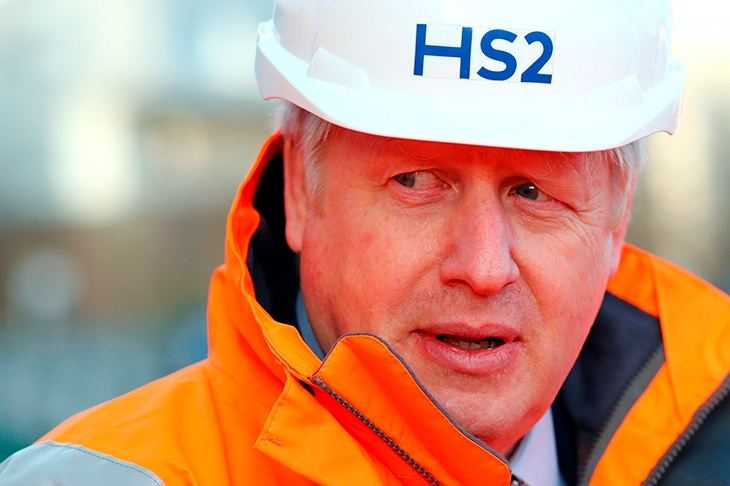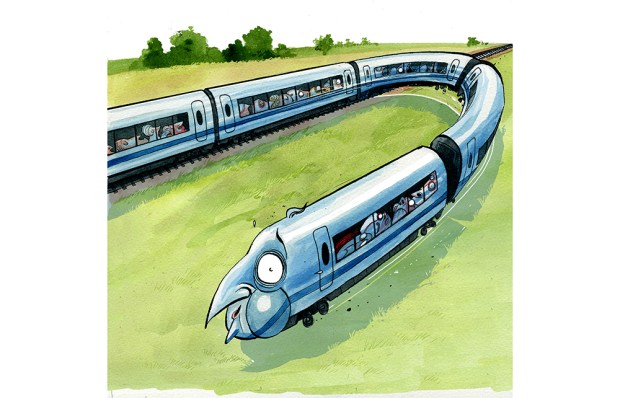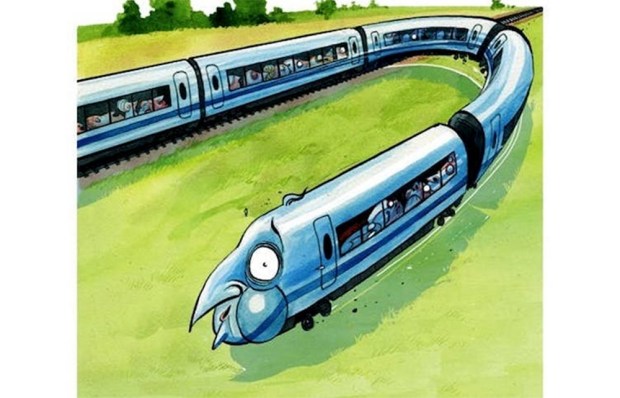Soon after the pandemic hit, the world’s airlines turned off their pricing algorithms and resumed pricing flights manually. Everything the software had learned from people’s past behaviour was suddenly rendered irrelevant.
The software had been created for a world of discretionary travel where demand was elastic. If a plane seemed likely to leave half-empty, the software dropped prices to fill remaining seats.
Already a subscriber? Log in
Subscribe for just $2 a week
Try a month of The Spectator Australia absolutely free and without commitment. Not only that but – if you choose to continue – you’ll pay just $2 a week for your first year.
- Unlimited access to spectator.com.au and app
- The weekly edition on the Spectator Australia app
- Spectator podcasts and newsletters
- Full access to spectator.co.uk
Or
Unlock this article
You might disagree with half of it, but you’ll enjoy reading all of it. Try your first month for free, then just $2 a week for the remainder of your first year.















Comments
Don't miss out
Join the conversation with other Spectator Australia readers. Subscribe to leave a comment.
SUBSCRIBEAlready a subscriber? Log in